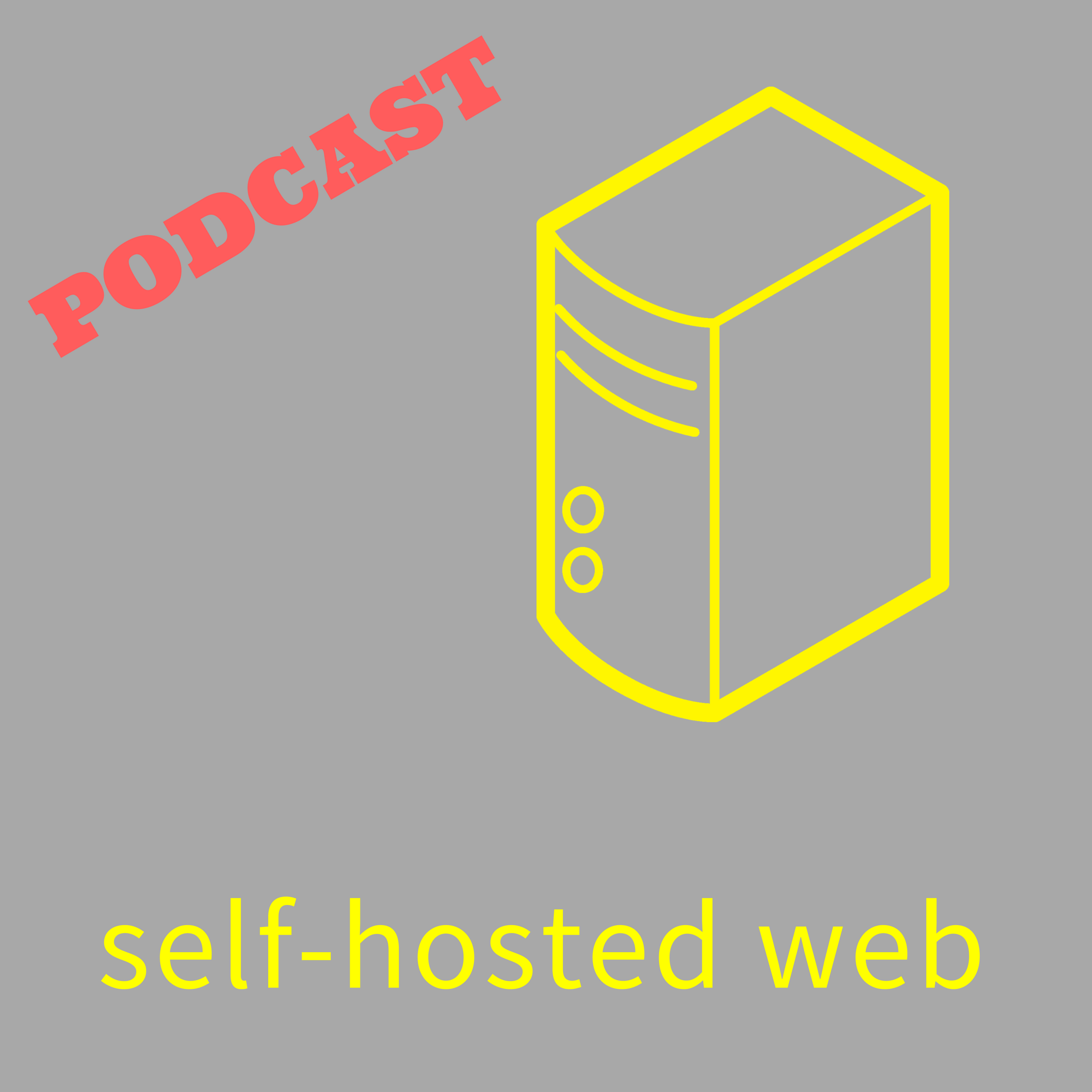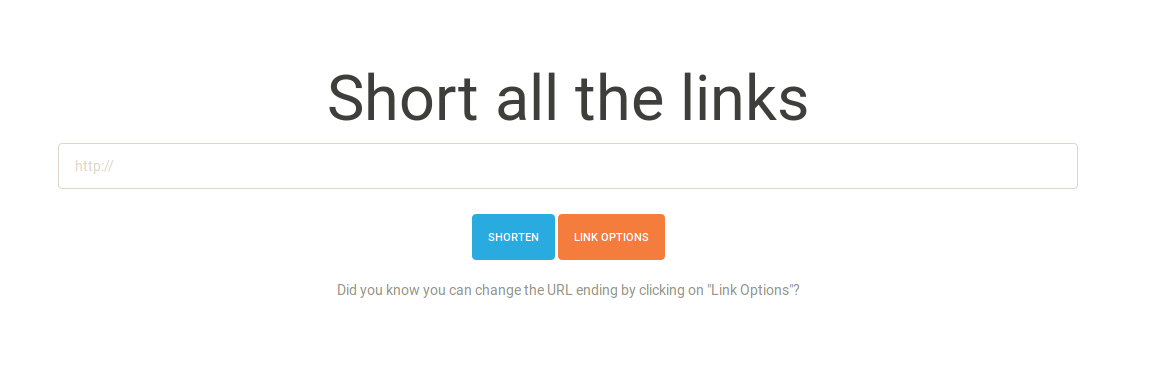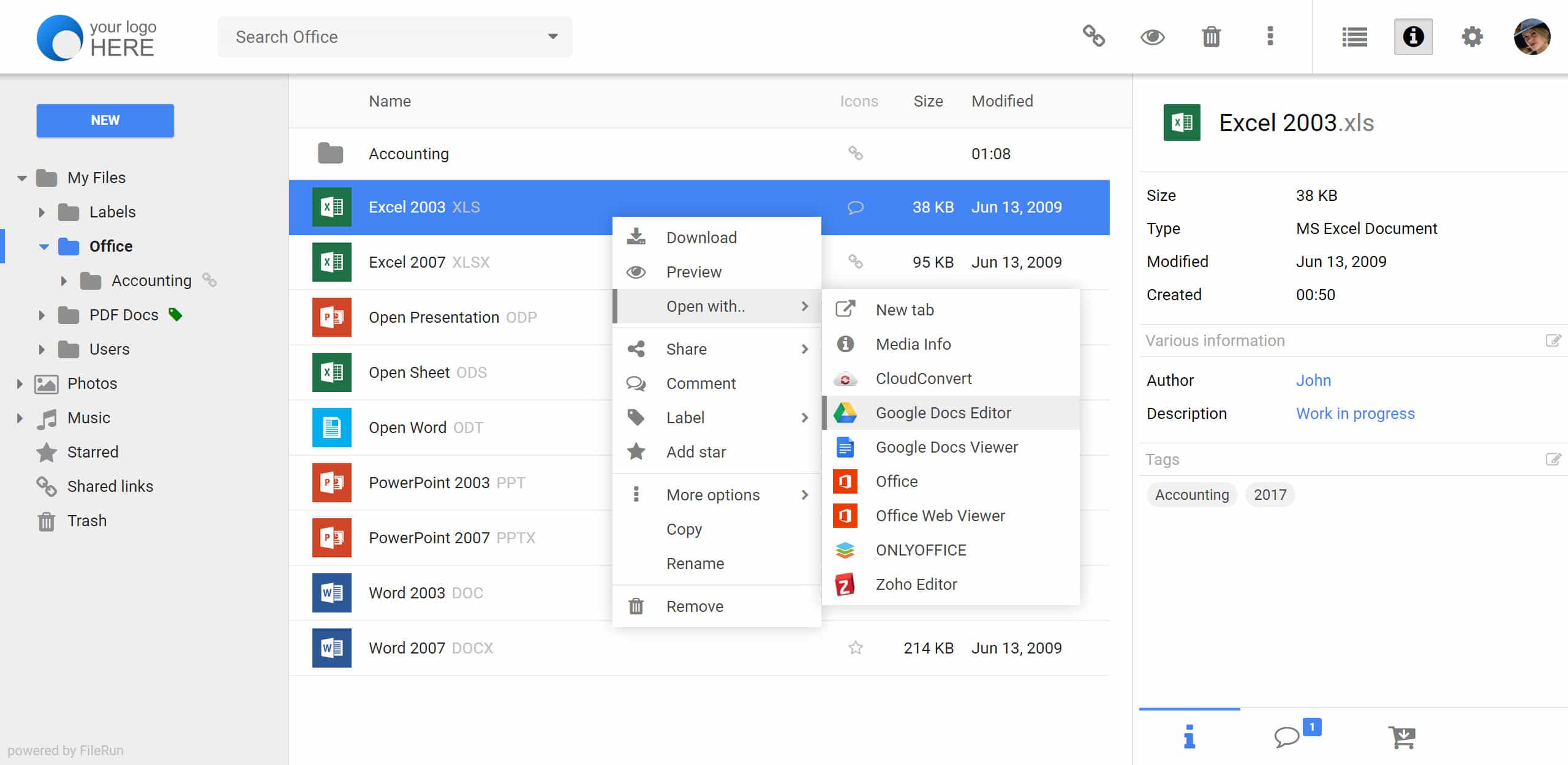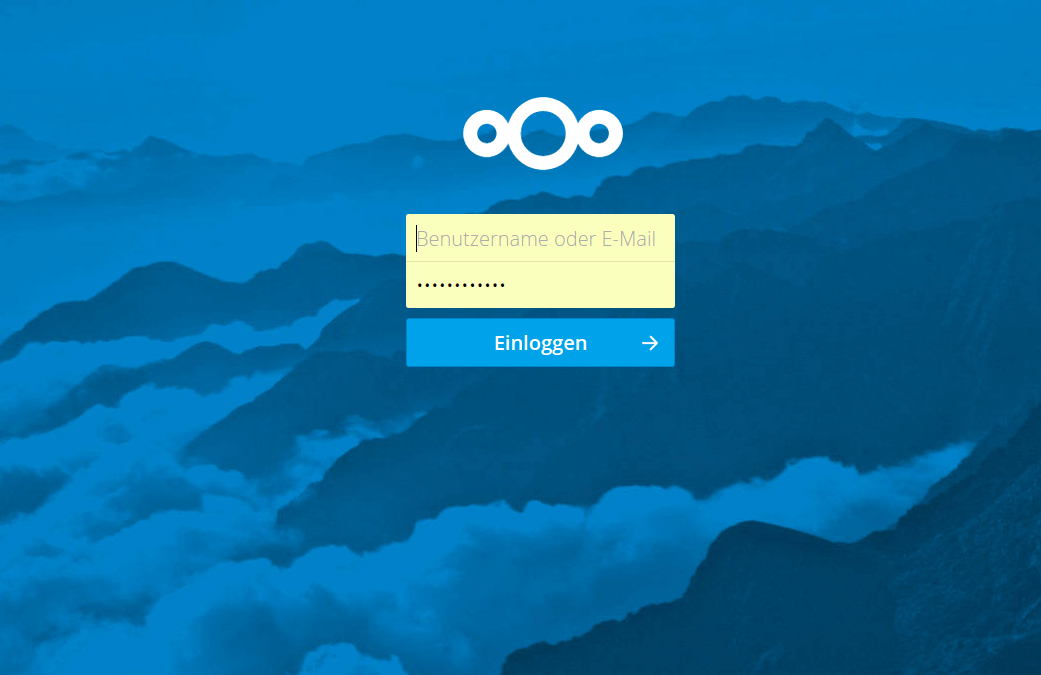Self-Hosted Web (original) (raw)
Welcome back to – finally – another episode of the Selfhosted Web Podcast.
This time it gets a bit more philosophical: Back in May I interviewed Kasia Odrozek, project-manager at the Mozilla Foundation, who works on the Internet Health Report.
We talk about what the Internet Health Report is, decentralization and the openness of the web.
A post about LibreRead, a simple, light-weight and easy to install e-book reader.
Hosting images yourself is tricky business, especially considering how convenient those hosted services like Google Photos, Facebook or Instagram are.
In this episode I talk about various software applications that may help you replicate these services in one way or another.
Special guest in this episode is Tobias Reich, developer of Lychee, a photo management software I’m discussing in this episode.
In this episode, I talk with Josh Tauberer about a project he started in 2013: Mail in a box. It allows you to set up your very own mail-server in an easy and secure way.
This is my review of Cloudron in written form, but if you’d rather hear about it, I recorded a podcast episode featuring Cloudron and one of its founders Johannes Zellner. I’ve written about quite a few great applications on here, and most of the time, the installation process was the most tasking part of setting…
Welcome back to the second episode!
This time I’m talking about the self-hosted cloud-storage solution Nextcloud, which, with its numerous extensions is the swiss-army knife of self-hosting solutions.
As a special guest I talked to Nextcloud (and Owncloud) founder Frank Karlitschek,
who not only had insightful things to say about Nextcloud, but also about self-hosting and its future in general.
As a reminder, if you’re still looking for a place to host software, there’s a short guide on the Self-Hosted Web that gives you a little overview.
If you enjoyed this episode (or if you didn’t), I’d be happy about feedback. You can either send me an e-mail at richard@selfhostedweb.org, or via the contact-form on selfhostedweb.org itself or, if you do use Twitter, you can write to either @Selfhostedweb or me directly @stormgrass.
The music for this episode is by Podington Bear, released under a Creative Commons license at Freemusicarchive.org.
I’d be happy if your reviewed, liked or starred this for some visibility. You can do that wherever you get your podcasts from, but specifically on iTunes or on Panoptikum.io.
In this inaugural episode I talk about the self-hosting platform Cloudron. I was also lucky enough to speak to Johannes Zellner, one of the co-founders, who took time out of his busy schedule to explain to me a few things about his platform and self-hosting in general.
If you enjoyed this episode (or if you didn’t), I’d be happy about feedback. You can either send me an e-mail at richard@selfhostedweb.org, or via the contact-form on selfhostedweb.org itself or, if you do use Twitter, you can write to either @Selfhostedweb or me directly @stormgrass.
The music for this episode is by Podington Bear, released under a Creative Commons license at Freemusicarchive.org.
If you’ve been around the web for a while, you’re probably familiar with tools that allow you to shorten URLs. They are mainly used on platforms like Twitter, where character limits and readability force you to keep everything short, including your links. And while Twitter by now shortens links internally, for a long time you…
It feels like only yesterday that I wrote about Nextcloud (it was actually a few weeks ago), and today I’m already writing about yet another self-hosted file storage solutions. It’s called FileRun, and its lead developer Vlad Roman dropped me a note a few days ago to take a look at it. It’s been around…
A while ago I wrote about Owncloud, which started out as a self-hosted alternative to Dropbox, but which by now has grown to be a whole suite of apps. In the meantime, things happened. Not necessarily the kinds of things that most consumers might be interested in, but in the end it resulted in the original Owncloud…





